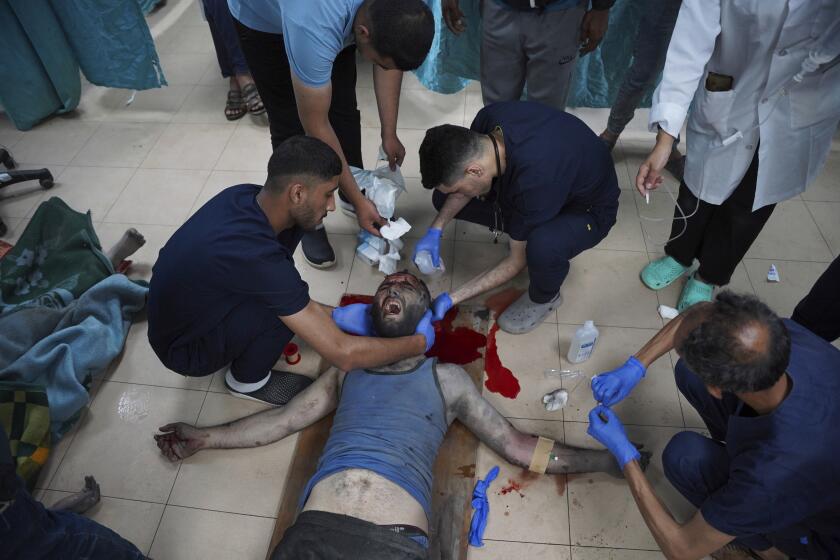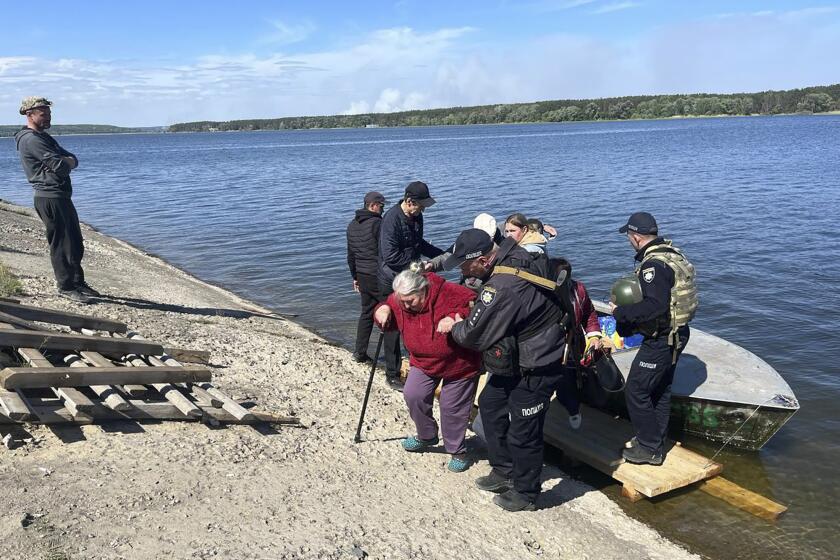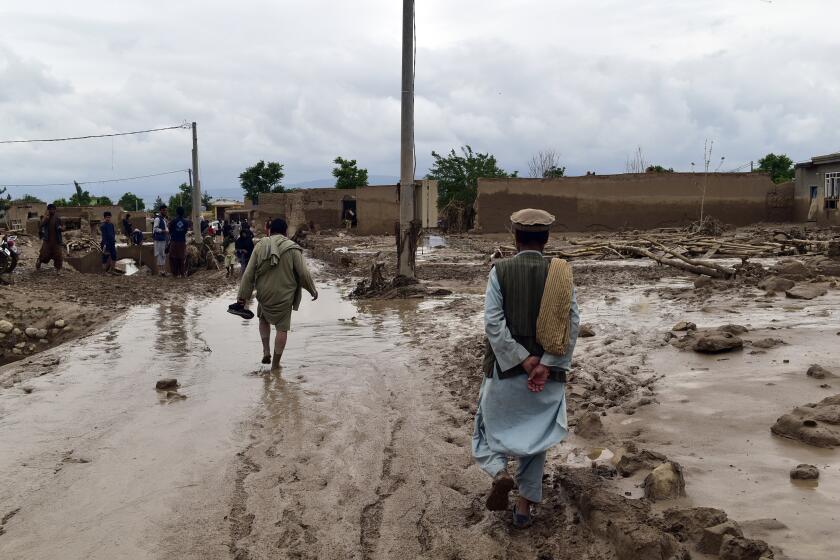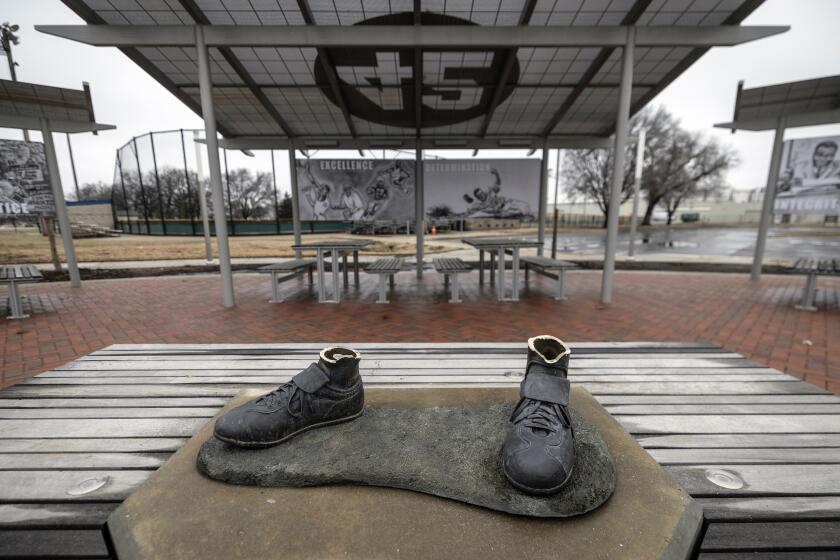Russia’s Military Mess
The loss of the Russian submarine Kursk and its crew of 118 in the Barents Sea has exposed once again the weaknesses of Russia’s post-Soviet military and demonstrated the penchant of its officials to lie and dissemble in the face of bad news. The tragedy has sliced into President Vladimir V. Putin’s popularity. He has been deservedly criticized for refusing to interrupt his vacation at a Black Sea resort to assume command of a rescue operation that naval authorities were clearly bungling. Four days passed before Russian officials accepted international help in the disaster. It took Norwegian divers only about a day to enter the sub through a hatch the Russians insisted could not be opened. Had help been sought earlier, some lives might have been saved.
A Defense Ministry official now says Russia will need international help to raise the Kursk because it can’t afford the cost itself, sad acknowledgment that Moscow can neither properly maintain its armed forces nor bear the cost of cleaning up the messes left by their disasters. Aid should be promptly given. The two nuclear reactors that powered the sub, though shut down when it sank, remain an international hazard. The Kursk apparently carried no nuclear weapons, but officials now think that it was virtually torn apart when, for some reason, up to 30 torpedo warheads in its bow exploded.
While the immediate cause of the Kursk tragedy has yet to be determined, the systemic reasons for the disaster are obvious. Russia is trying to maintain military forces equal to and in some cases exceeding those of the United States while spending only a minuscule fraction of what the United States spends on upkeep--less than $6 billion against $280 billion. Pay, food and living conditions throughout the armed forces are miserably inadequate. Last December the Russian admiralty reported that spending on repair and maintenance of its ships had fallen to about 10% of what’s needed to keep them operational. Officials say 70% of the fleet’s vessels need major repairs. That’s an omen of calamities waiting to happen.
Putin rightly believes that Russia can aspire to great power status only if its economy develops and flourishes, but at present it can’t afford to keep so many men under arms or so many ships, planes and strategic missiles in service. The military, strongly supported by nationalists in parliament, resists any reductions; it equates size with strength. But a hollow defense force protects nothing. Presidents, even in Russia, are elected to make hard choices. For Putin, a key choice is either bring Russia’s armed forces into line with available resources or accept the risk of other Kursk-type catastrophes.
More to Read
Start your day right
Sign up for Essential California for news, features and recommendations from the L.A. Times and beyond in your inbox six days a week.
You may occasionally receive promotional content from the Los Angeles Times.






